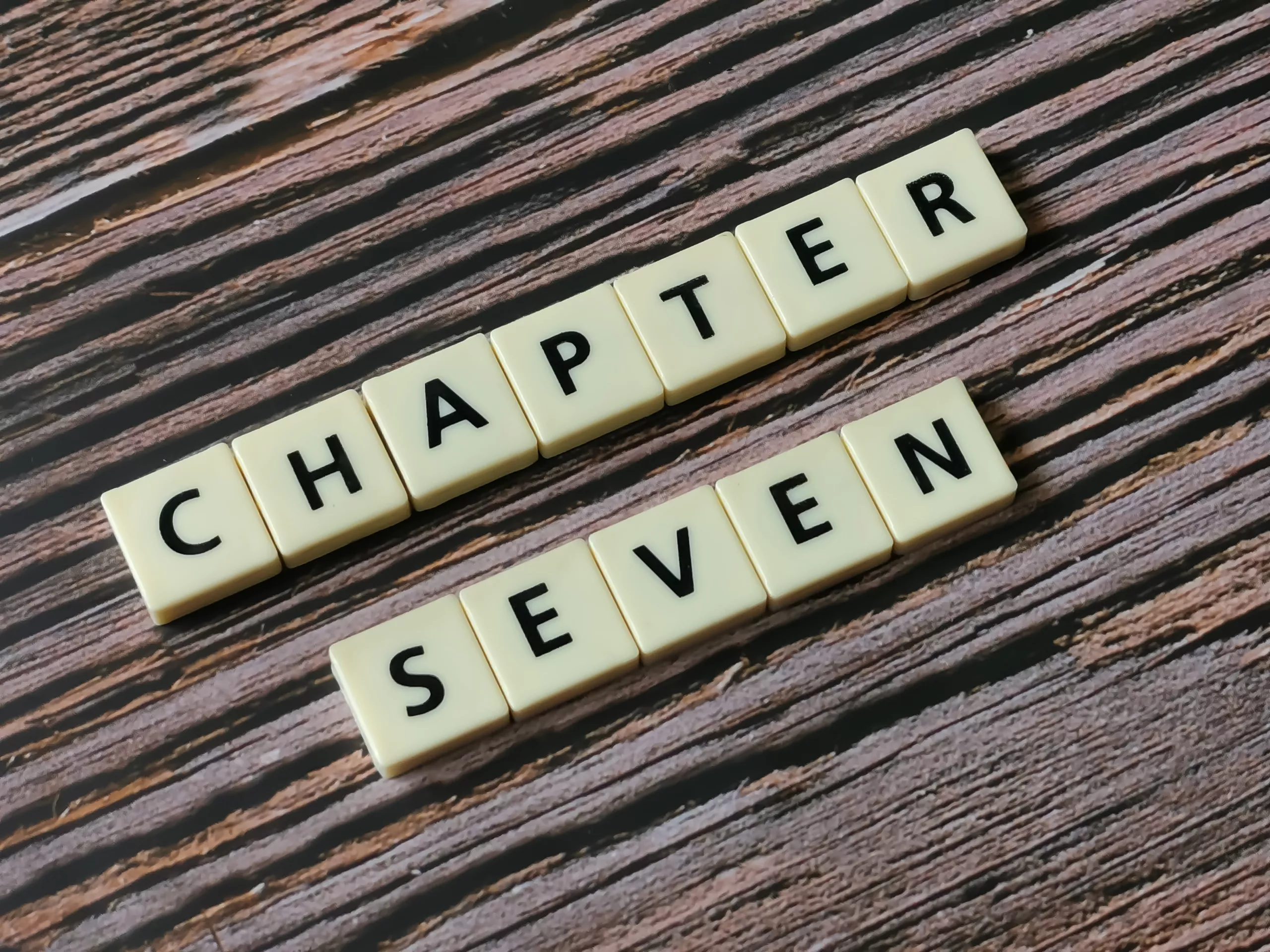Debt is nearly unavoidable in today’s world. For some, medical debt, credit cards, personal loans, and other obligations become a burden that leaves them unable to care for their families. Chapter 7 may be an option to people in this situation. If debt is one of your largest stressors, this introduction to Chapter 7 bankruptcy may be helpful to you.
Wiping the Slate Clean
Chapter 7 bankruptcy discharges all qualifying debts, giving you a fresh start. Debts that qualify for bankruptcy include credit cards, personal loans, vehicle loans, mortgages, and medical debt. Certain financial obligations cannot be discharged, including student loans, most tax debt, and child support. This option does not require that you make ongoing payments to creditors; once your discharge goes through, the debt is completely forgiven.
Improve your credit score
Most people who qualify for Chapter 7 relief already have bad credit. We hear people express their fear that filing for bankruptcy relief will further damage their credit and they will not be able to obtain credit for 7 to 10 years. We want you to know this is not true. Filing for Chapter 7 bankruptcy relief can actually improve your credit score! At the time of filing, your credit score may take an additional hit for the negative. However, as soon as you get your discharge, which usually only takes 120 days, your credit report will reflect that your income to debt ratio has been substantially improved because your unsecured debt has been wiped clean. That is Step 1 to how Chapter 7 will help improve your credit score.
Step 2, we recommend getting a secured credit card, and/or just staying current with your car, rent or mortgage payments, and your credit score will start to rise. Most of our clients report that within 2 years of filing for Chapter 7 bankruptcy relief, their credit scores have improved to 720 or better. So don’t delay filing because you are afraid it may hurt your credit score! As you can see, the opposite is true… filing for Chapter 7 can improve your credit score and make it easier to get new credit in the future, when you really need it.
Financial Qualifications
Before you file Chapter 7 bankruptcy, you must verify that you meet certain financial standards. Generally, if your income is below the New Jersey state median, you will qualify for Chapter 7 bankruptcy. For those who fall above the median income line, you must go through a more complicated means test. The test looks at your debts and monthly payments in comparison to your income to figure out if partial payments are an option for you. If the means test finds that partial payments are not a practical option for you, you may be permitted to file a Chapter 7 bankruptcy. Otherwise, Chapter 13 might be a choice for you.
Property Exemptions
Some people put off filing bankruptcy because they fear losing their personal assets, including their home and vehicle. However, New Jersey state law does allow for some exemptions. Additionally, you can choose to reaffirm certain debts if you want to keep your assets. If you reaffirm your debt, you willingly choose to continue making payments in exchange for keeping the assets. Some choose to reaffirm their vehicle loan or mortgage to keep their home and car, for example. To reaffirm a debt, all payments must be current.
Some personal property is exempt from bankruptcy proceedings. Individuals can keep up to $1,000 of personal property. Certain government pensions and other retirement funds are also exempt from bankruptcy proceedings.
The Chapter 7 Process
After your attorney at Lucid Law confirms that you meet New Jersey Chapter 7 bankruptcy requirements, you may begin moving through the process. After filing the initial forms, you wait for a 341 meeting of creditors. While creditors do not typically attend these meetings, they are permitted to. During the meeting, you must answer questions regarding your debts, assets, and income. After this meeting, creditors have a short period of time to challenge the discharge of your debt. If no one contests, you should receive a discharge within two or three months.
Could bankruptcy be the fresh start your family needs? Hopefully, this introduction to Chapter 7 bankruptcy provides you with more information to decide. If so, find out how we can help you through the process. Contact Lucid Law at (908) 738-8272 to discuss your financial and legal needs.



